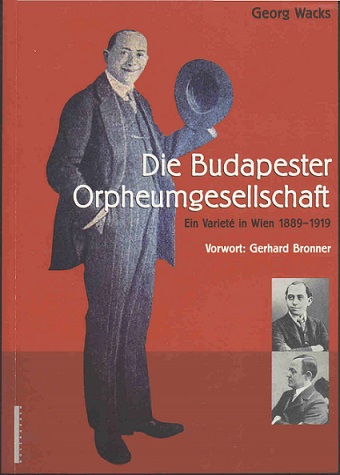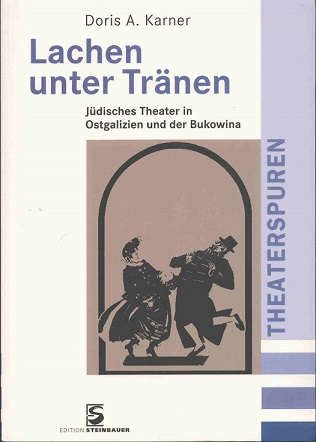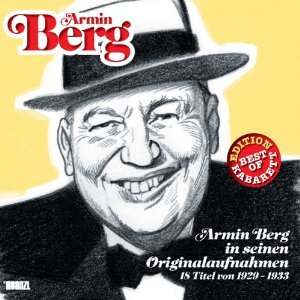
Books and live performances
Founded in 2003 and based in Vienna, Austria, the Armin Berg Society’s goals are the research on Jewish performing arts before World War II, and their restitution through live shows.
This research has led to the publication of various books and theater performances. Until 1938, the Jewish performing arts flourished, in Austria among other countries, and were not limited to a small circle, but open for a larger audience.
By performing these shows today, the Armin Berg Society brings back to life this theater and entertainment that almost fell into oblivion. Before the war, many small stages from German speaking countries depended on these Jewish musicians, writers, actors, composers.
Some of the texts and compositions survived in archives, museums, libraries and private collections.
Songs from various artists, such as Walter Jurman, are still part of the collective memory, but their lives stay mainly unknown. The activity of the Armin Berg Society allows us to know better the works of these artists.
Created in 2009, the Armin Berg Publishing House published various books in German on this subject that are now part of EIJM collections.
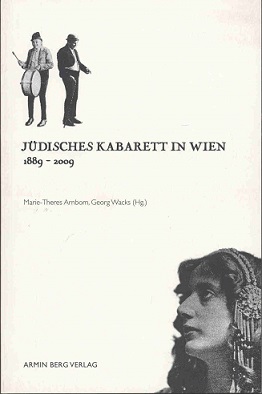
(Jewish cabarets in Vienna 1889 – 2009)
In Vienna, the Jews, surrounded by an anti-Semite environment, could express their creativity through the cabarets. Artists and intellectuals, Jews and Non-Jews, gathered in these places and enjoyed high quality performances.
This collective work is dedicated to the history of these Jewish cabarets in Vienna.
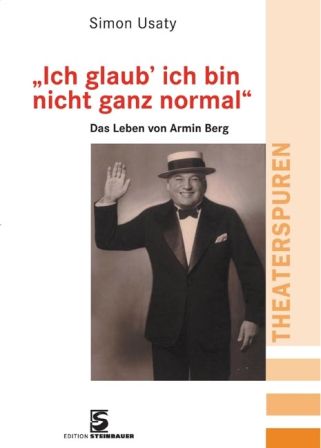
(“I think I am not completely normal “)
This book is dedicated to Armin Berg, legendary Austrian artist that performed between 1900 and 1938 in the famous cabarets and entertainment stages. Comedian, singer, actor, his style combined Viennese popular songs with Jewish humor, and witnessed the good and bad aspects of his time.
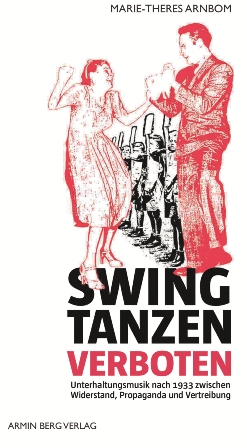
(Swing dance forbidden)
Entertainment music after 1933, between resistance, propaganda and deportation.
Singers, actors, writers in Vienna and Berlin were very popular and celebrated. They inspired one each other and this led to the creation of remarkable works.
This book is dedicated to the memory of these artists who were, for many of them, killed by the Nazis.
